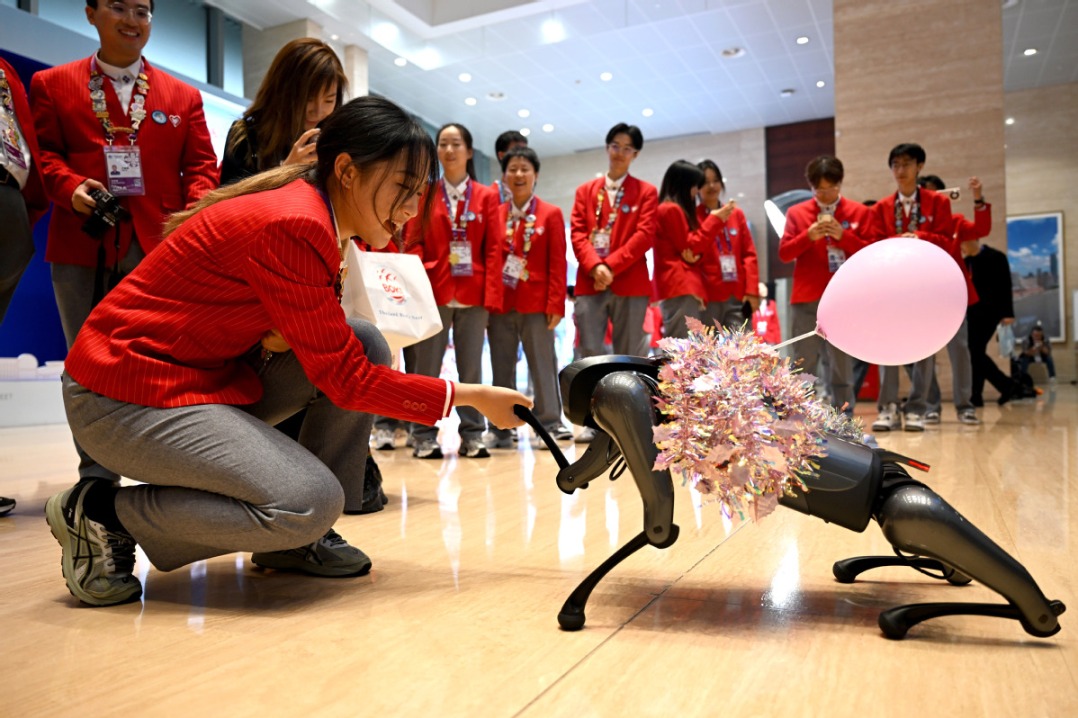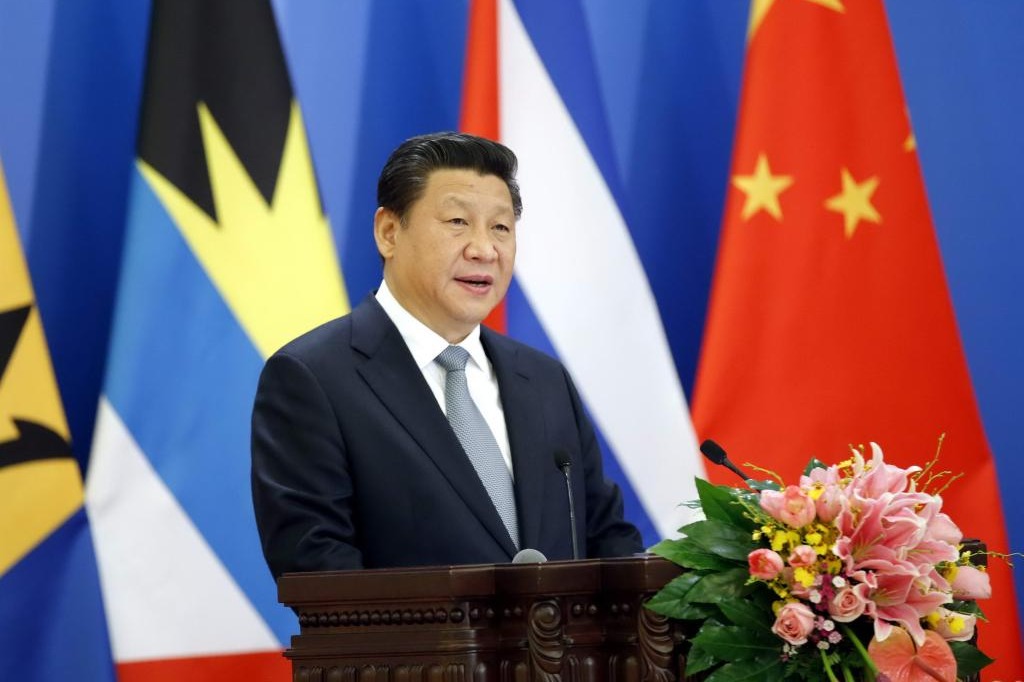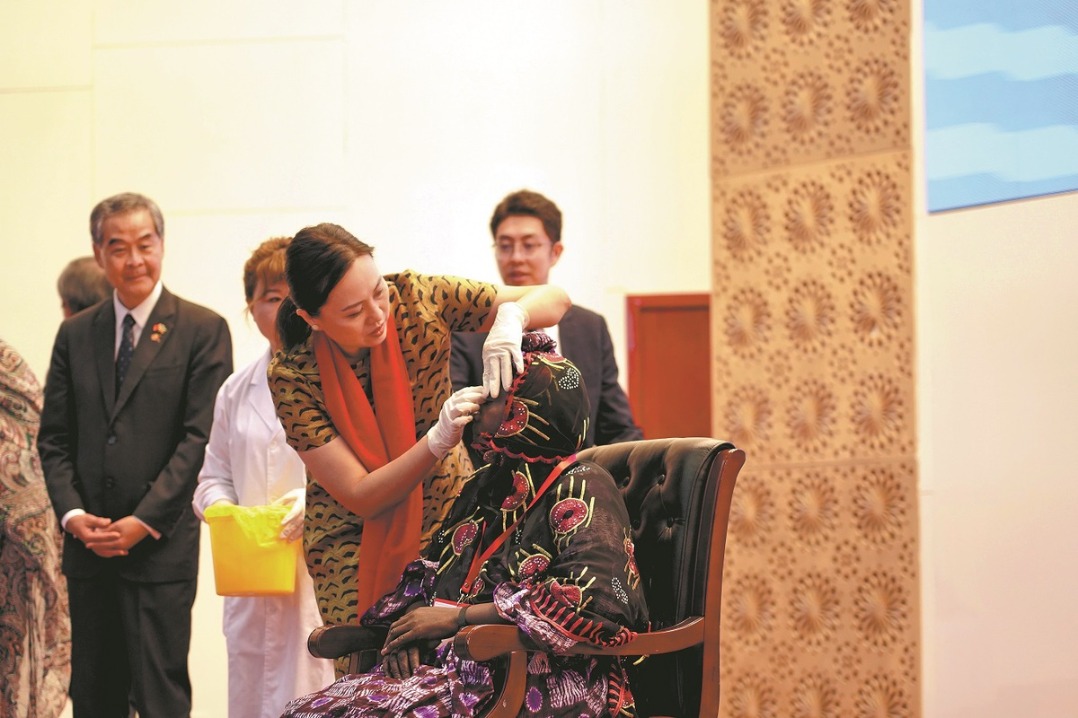Thriving homestays boost rural tourism development
Businesses provide jobs, welcome rising number of visitors


Dai Xuefeng, a researcher at the Chinese Academy of Social Sciences, suggested the development of rural tourism should be integrated with local production and lifestyles.
"For example, in Xinjiang, the development of rural tourism is combined with intangible cultural heritage, ethnic culture, and natural beauty, allowing visitors to explore the countryside while learning about the region's traditional culture," he said.
Dai proposed that greater convenience in land use, funding and financing be extended to help rural tourism development.
Liu Jiaming, an expert at the Chinese Academy of Sciences' Institute of Geographic Sciences and Natural Resources Research, said the modernization of rural areas is a major requirement for planning rural tourism, adding that tourism can play a significant role in achieving rural modernization.
"In China, rural areas share some similarities to a certain extent, because they were established under the guidance of traditional Chinese culture, and possess cultural attributes and patterns," Liu said.
He called on different regions to realize it is essential to maintain a unique identity and preserve local characteristics in developing rural tourism.
"Such tourism has entered a stage of high-level development, and it is essential to carry out top-level design," Liu said.
"Efforts should be directed toward the goal of creating rural vacation destinations, focusing on activities related to rural leisure and holidays, while integrating the concept of boutique homestays and luxury and eco-friendly vacations in rural areas."
yangfeiyue@chinadaily.com.cn























